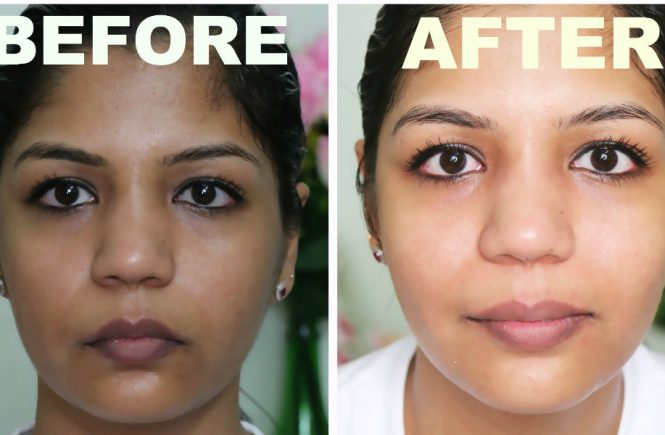DAT 6: #SayNoToRape In a national violence against women survey which was conducted in 1977 in the United States of America, it was found that 1 out of 6 women and 1 out of 33 men had experienced rape (either attempted or the full) as a child and/or as an adult. Rape in this context is defined as forced intercourse (vaginal, oral or anal).Most people believe strangers, perverts or “bad people” are the sole perpetrators of rape/sexual assault when indeed the act is reported to be committed most by friends, relatives, acquaintances, the nice neighbor who comes to watch soccer games on weekends, the maid who helps with chores and “other things”, the teacher who gives more lessons than the classroom legally allows. There have been reported cases of fathers detaining daughters and turning them into sex slaves.
What is most disturbing and alarming is that studies estimate that 50%–90% of rapes go unreported. In most cases, these rapes go unreported because of shame, humiliation, guilt, cultural taboos, stigmatization and the very real fear of secondary victimization by law enforcement officials as well as medical and legal authorities.
Wife rape runs into stone walls in legal opinion even though there are now laws against forcible and violent non-consensual sex with one’s wife. Clinical psychologists use the term “sexual abuse survivors syndrome” to describe the posttraumatic stress-like symptoms that follow the aftermath of childhood sexual abuses.There are a few listed factors that affect the existence of rape. Baron and Straus (1989) theorize different causes, namely;
- Gender Inequality: Relates economic, political and legal status of women in comparism to men.
- Pornography: Reduces women to sex objects\, promotes male dominance and encourages or condones sexual violence against women. Pornography is reported to have high influence on rape as sex offenders confess to watch a lot of porn.
- Social Disorganization: This erodes social control and constraints freedom of individual behavior and self-determination.
- Legitimization of Violence: Is the support culture gives to violence as portrayed in the media (movies, video games, music videos etc), laws permitting corporal punishment in schools, violent sports and excessive military exploits amongst many others.
There are personal and psychological factors common to perpetrators of sexual abuse/rape which affects both their decision to assault someone and the manner in which the assault is carried out, namely;
- Offender acts in hostile, aggressive, angry, condescending and domineering manner and believes he is strong, courageous and manly though he often feels weak, anxious, inadequate, threatened and dependent. This implies that his decision to rape someone can be as a result of overcompensating for areas where he is weak.
- Lacks interpersonal skills to make his point in society.
- Needs to exercise power – uses the assault situation to prove to himself and his victim that he’s in total control and he’s superior.
- May show sadistic patterns – often mutilates or murders victims to attain a feeling of total triumph over the victim.
Rape/sexual assault goes beyond trying to fulfill a sexual need or desire, some researchers interviewed rapists and gathered that;
- Criminals who commit rape in the perpetration of a crime –for example, robbery – often see rape as an added bonus. It is there for the taking, so why not?
- For some men, rape is attaining the unattainable woman, a woman who is clearly out of his league and will never have gotten a chance with her other than through rape.
I have also outlined also most importantly the victim’s response to rape, they are;
- The victim may respond by showing no emotions – appearing unaffected.
- May feel humiliated, demeaned and degraded.
- May experience impaired sexual functioning.
- May suffer immediate physical and psychological injury as well as long-term trauma.
- May blame herself or feel guilty (as society will make her believe her indecent dressing called the attention of the rapist or she feels guilt for not being cautious enough).
- Might find it difficult relating to and trusting others – especially men.
Rape has high potential for PTSD (Post-traumatic Stress Disorder), depression, panic attacks, GAD (Generalized Anxiety Disorder), social adjustment disorders, sexual dysfunction, eating disorders, dissociation, suicide and more negative world views and cognitive distortions such as blaming oneself, external factors and preservating on why the rape happened.A rape victim however requires family support and acceptance in the early and latter stages of dealing with the event, also needs people to reach out to her (or him as the case may be), offering the victim attention to pour out all their pain (mostly verbally).Olateru- olagbegi BodeToday is day six of the seven days #SayNoToRape campaign presented by a group of young talented writers from #Bloggersville.If you missed previous articles click here to catch upClick here to join Bloggersville on facebookKindly subscribe to this blog via mail for easy sharing. Thanks for your cooperation and understanding.Join our BBM channel. Channel pin: C002984DE or just search “elsieisy”Got something you want us to talk about or feel like sharing?? Send your topics/articles to email@elsieisy.com or Elsieisy@gmail.com .. Anonymous or not..you decide




